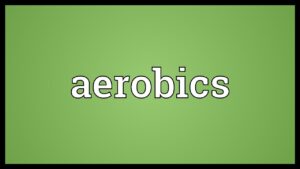Ask any question directly from Anurag Sharma http://www.fjunction.com/ask Buy the T-Shirt Here http://www.fjunction.com/product-details/abs-under-construction-red-performance-tshirt Find us on Facebook https://www.facebook.com/FitJunc/ Find us on Twitter https://twitter.com/fitjunc How to eat your fruits https://www.youtube.com/watch?v=uKZYbnoa0to ———————————————————————————————————– Vitamin C may be the most familiar of all of the nutrients. Although most adults would be hard pressed to name a good food source of biotin or riboflavin, most everyone can name citrus fruits as good sources of vitamin C. It is also a commonly used nutritional supplement. The first use of modern scientific methods to assess disease treatment was when the British navy used foods containing vitamin C (although the vitamin itself would remain undiscovered for nearly two centuries) to prevent scurvy among sailors. You could make a good case that this nutrition experiment is among the most important scientific findings in human history. Despite the familiarity of the U.S. public with vitamin C and the popularity of vitamin C supplements, food intake of vitamin C by the average U.S. adult is not much higher than the Dietary Reference Intake (DRI) level. For men in the U.S. twenty years and older, this average is 96 milligrams per day, and for women in the U.S. twenty years and older, it is 82 milligrams per day. (The DRIs for these two groups are 90 milligrams and 75 milligrams, respectively.) So even though U.S. adults are averaging adequate intake of vitamin C intake from their food, the amount is not as high as some people might expect given widespread familiarity and interest in vitamin C. Of the World’s Healthiest Foods, a staggering 27 rate as excellent sources of vitamin C. Six of these contain a full day’s requirement of vitamin C in a single serving. We also rate 14 very good and 14 good sources of the vitamin. This should give you plenty of variety with which to build a menu plan that easily exceeds your vitamin C goal. Role in Health Support Protection Against Excess Free Radicals Vitamin C is probably best known as an antioxidant. This is a word that we use frequently but don’t always stop to think about in terms of its meaning. Antioxidants are forms of molecules that help keep chemical reactions in our body in check. In particular, antioxidants help prevent excessive activity on the part of free radical molecules. (Free radicals are forms of molecules that tend to be very reactive, and too many free radicals in the wrong place at the wrong time can do damage to our cells and tissue.) Vitamin C and other antioxidants help prevent that damage. Damage to the lens of the eye, damage to molecules circulating around in our bloodstream, and damage to genetic material (DNA) in our cells are all examples of damage that have been shown to be prevented under certain circumstances by vitamin C. One interesting application of vitamin C as an antioxidant is its ability to transform iron into a state that is better absorbed in the intestine. Including vitamin C-rich foods in recipes with your best iron sources can potentially be a way to enhance iron absorption. Collagen Vitamin C is required to produce collagen, a protein that plays a critical role in the structure of our bodies. Collagen is the framework for our skin and our bones, and without it, we would quite literally fall apart. This is exactly what we see with severe vitamin C deficiency, or scurvy. People who have this condition lose teeth, bleed easily, and lose the strength of their bones. Luckily, it doesn’t take much vitamin C to prevent this problem. As we’ve known for more than two centuries, a single lime per day would usually be enough. (However, as described earlier, we have dozens and dozens of great food choices that will give us as much vitamin C as a single lime!) Brain Health Vitamin C is necessary to make certain neurotransmitters. These neurotransmitters are the signals that carry thoughts, feelings, and commands around our brains and throughout our nervous system. In particular, we need vitamin C to produce serotonin, a hormone that plays a critical role in wide variety of body systems, including the nervous system, endocrine system, immune system, and digestive system. Many of our moods, daily bodily rhythms (including sleep-wake cycles), and experiences of stress and pain have serotonin included as a factor in their occurrence. Some of the most commonly used prescription medications for depression (SSRIs, or Selective Serotonin Reupdate Inhibitors) also target this hormone. While we are not suggesting that dietary intake of vitamin C will automatically improve the quality of any experiences described above, we do recommend that you include vitamin C-rich foods on a daily basis as part of your overall well-being.
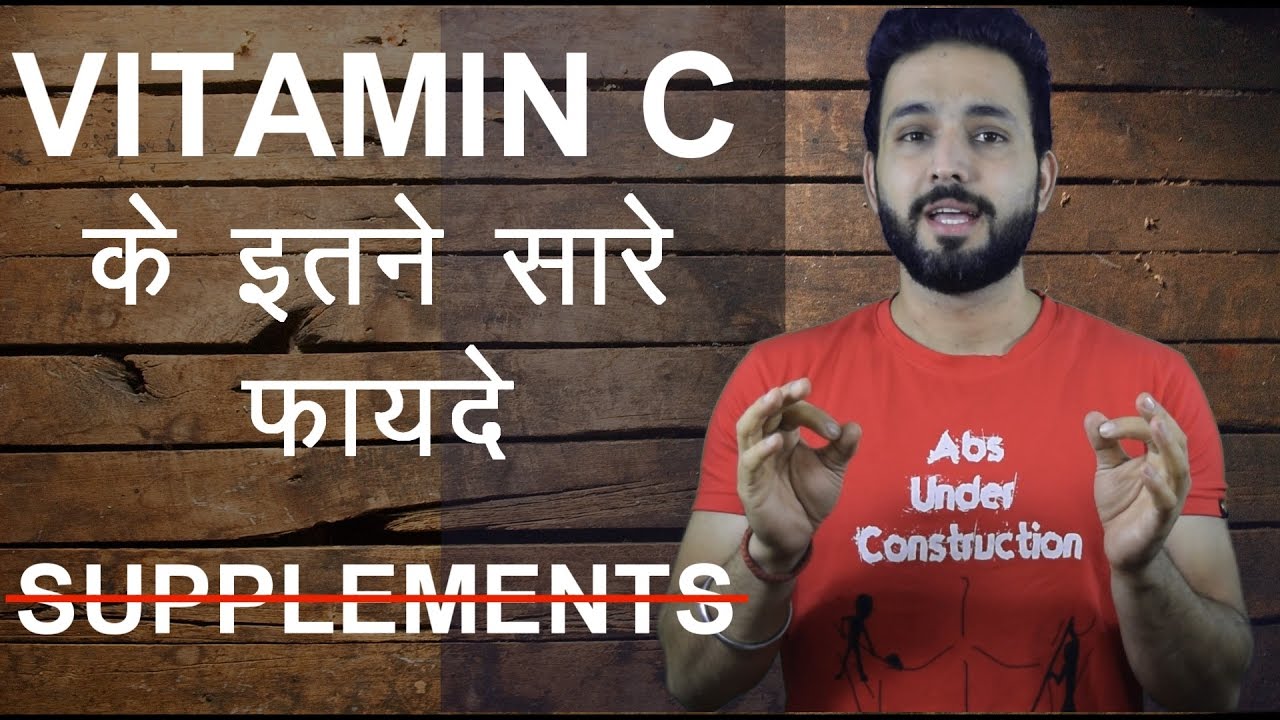
Vitamin C | Benefits, Dosage, Supplements and Foods | Hindi
- Post author:
- Post published:May 26, 2021
- Post category:Uncategorized
- Post comments:0 Comments
You Might Also Like

Neurological Physiotherapy Video – 11

Easy High Protein Bodybuilding Breakfast

Best Upper Back Exercise – Dumbbell Row
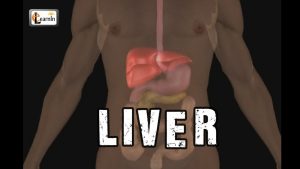
Liver anatomy and function | Human Anatomy and Physiology video 3D animation | elearnin

How To: Standing Barbell Calf Raise

Resistance Band Lateral Raises
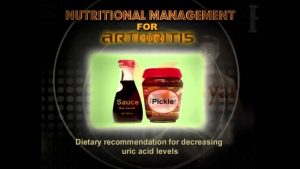
Nutritional Management for Arthritis in English – Diet Tips, Nutrition Supplements

5 Worst Cardio Mistakes for Fat Loss (AVOID THESE TRAPS!!)

Suicide Psychology/ Psychiatry Video – 1
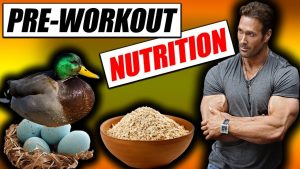
Mike O’Hearn Talks Pre-Workout Nutrition & Supplementation

Thyroid System Animation

Mass Building Chest Workout with Connor Murphy

Deep Aqua Aerobics – Jogging Variations
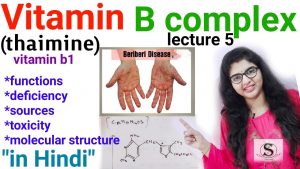
Vitamin B Complex / Vitamin b biochemistry , Deficiency, Sources, Functions / Thaimine /beriberi

The ONLY Perfect Workout Routine

My Every Touch Game Analysis | We Got Killed…
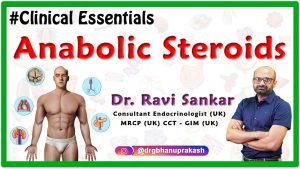
Anabolic Steroids: Uses & Side effects – Dr.Ravi Sankar Endocrinologist MRCP(UK) CCT – GIM (UK)
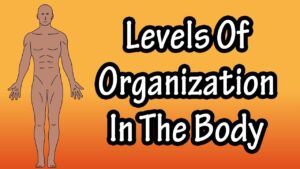
Human Body Video – 4

What is Circuit Training? | MyFit (2 Minutes) Examples and More

Dr. Jason Fung: To Lose Weight, You MUST control Insulin

Bodybuilding Nutrition, Diet Recipes & Workout – 44

Fitness Definition Components Video – 3

“My Gynecomastia Surgery” – Dan Yeomans | Karidis Clinic | My male breast reduction surgery

Excretory System Parts and Functions Animation video for kids

Leg Extension-7

SculpSure for Treatment of Grade I Gynecomastia

(CC) How to Pronounce ondansetron (Zofran) Backbuilding Pharmacology

Tuberculosis (TB) symptoms animation

Emergency Medicine Video – 2

Buttock Injection – Everything You Need To Know – Dr. Nabil Ebraheim
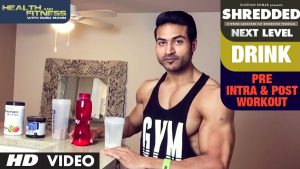
Pre/During/Post Workout Drink || SHREDDED NEXT LEVEL by Guru Mann ||

Pharmacology – Diabetes Medication

What is CTE?

How To Repair Liver Damage After Alcohol?: Dr.Berg on Liver Cirrhosis

How To: Barbell Decline Bench Press
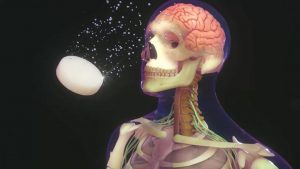
How the Body Absorbs and Uses Medicine | Merck Manual Consumer Version

Protein Shake Before or After Workout?

Incentive Spirometer: Promotes relaxation and cleans the lungs
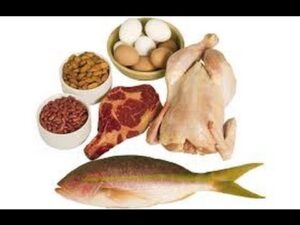
What is Protein?

What is Osteoporosis?

Evolutionary Psychology Video – 2
